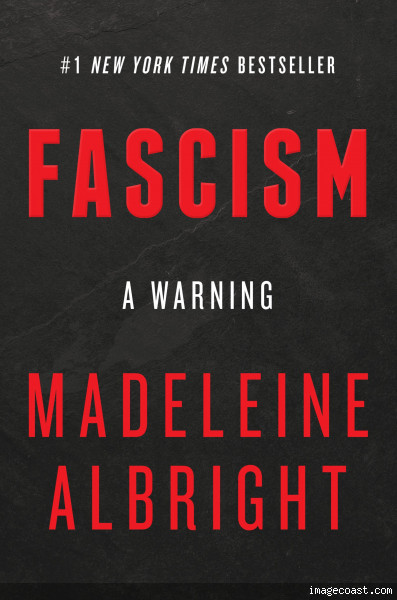cite this

https://en.wikipedia.org/wiki/John_A._Stormer

have a nice day!
Originally Posted by The_Waco_Kid
Back in the campaign, when then-candidate Donald Trump was still promising to torture terrorists and kill their wives and children, he insisted the generals would do whatever he told them. (“They won’t refuse. They’re not gonna refuse me. Believe me,” he said in a debate. “I’m a leader, I’ve always been a leader. I’ve never had any problem leading people. If I say do it, they’re going to do it.”) Wrong!
Military commanders will also, according to the law of war, determine as best as they are able, with the advice of a fleet of lawyers, whether a preemptive strike is justified by military necessity and is proportional. (They are also obligated to distinguish between civilians and combatants and to avoid causing unnecessary suffering.) Our military men and women — whether the lowliest private or the head of U.S. Strategic Command — receive training in the law of armed conflict and are warned of the consequences if they carry out an illegal order (e.g., burn a village of civilians who pose no threat).
By
Jennifer Rubin
4 Basic Principles
(1) Distinction – “In order to ensure respect for and protection of the civilian population and civilian objects, the Parties to the conflict shall at all times distinguish between the civilian population and combatants and between civilian objects and military objectives and accordingly shall direct their operations only against military objectives.” [Additional Protocol 1, Article 48] The only legitimate object of attack in an armed conflict is military personnel or property. This does not mean that civilians cannot be legally harmed or killed under the law only that civilians and civilian property should not be the object or the purpose of the attack. **Protects non-combatants **
(2) Proportionality – “Loss of life and damage to property incidental to attacks must not be excessive in relation to the concrete and direct military advantage expected to be gained.” [U.S. Army Field Manual FM27-10: Law of Land Warfare]. The key here is the word incidental, meaning outside of the military target. This means that when considering a target the damage to civilians and their property cannot be excessive in relation to the military advantage gained. Proportionality is not a requirement if the target is purely military. This principle brings with it an obligation to consider all options when making targeting decisions: verify the target, timing (is there a time when fewer civilians will be around?), weapons used, warnings and evacuations for civilian populations. **Protects Non-combatants**
(3) Military Necessity – “…[E]very injury done to the enemy, even though permitted by the rules, is excusable only so far as it is absolutely necessary; everything beyond that is criminal.” – Napoleon [Solis, Law of Armed Conflict p 258]. The principal of military necessity prohibits things such as wounding or permanently injuring an opponent except during the fight, torture to exact confessions and other activities simply used to inflict additional damage on the enemy that does not further the military objective. The Liber Code defines the prohibited activity as, “in general, … any act of hostility that make the return to peace unnecessarily difficult. **Protects Combatants**
(4) Unnecessary Suffering – “It is prohibited to employ weapons, projectiles and materials and methods of warfare of a nature to cause superfluous injury or unnecessary suffering.” [Additional Protocol I, Article 35.2] **Protects Combatants**
* * * *
Sources for the Four Basic Principles:
Protocol Additional to the Geneva Conventions of 12 August 1949, and relating to the Protection of Victims of International Armed Conflicts (Protocol I), 8 June 1977,
Article 48. See Also
Commentary.
U.S. Army Field Manual FM27-10: Law of Land Warfare (July 1956), Page 5, Paragraph 41.
The Law of Armed Conflict, International Humanitarian Law in War, by Gary D. Solis, Cambridge University Press; 1st Edition (February 15, 2010), Page 258.
Protocol Additional to the Geneva Conventions of 12 August 1949, and relating to the Protection of Victims of International Armed Conflicts (Protocol I), 8 June 1977,
Article 35.2. See also
Commentary.
But you knew that.

Right?



